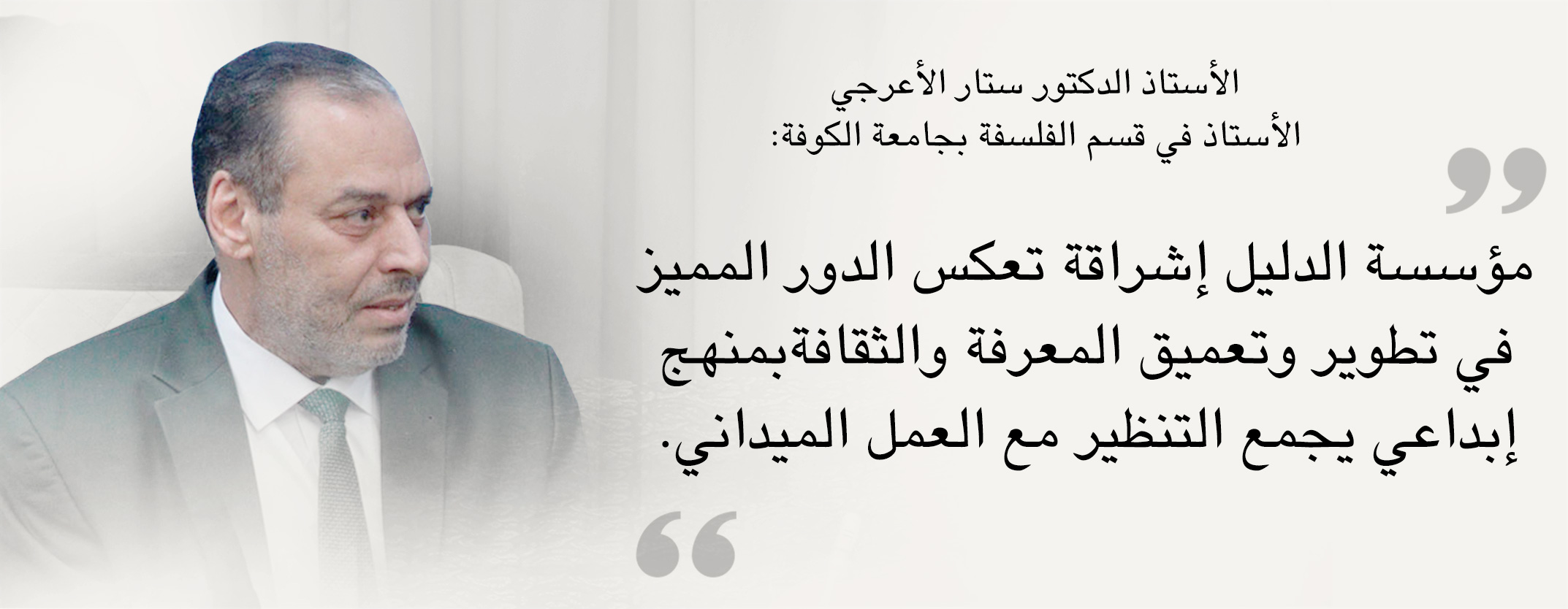
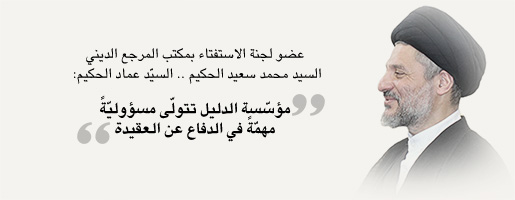
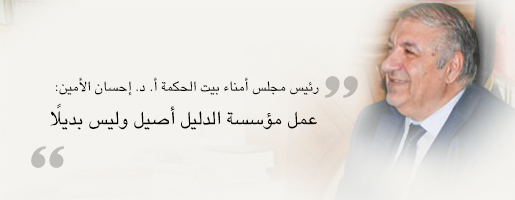
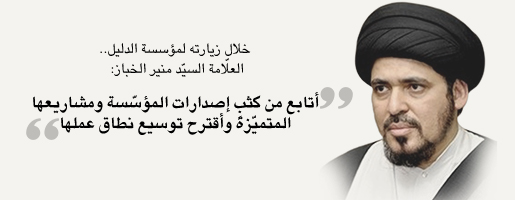
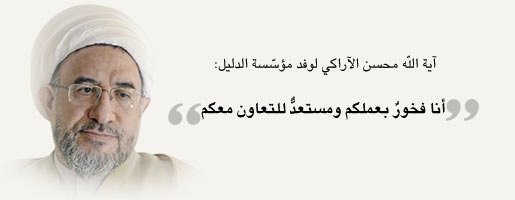
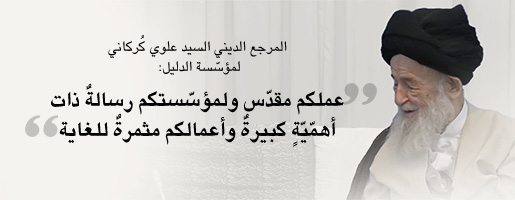
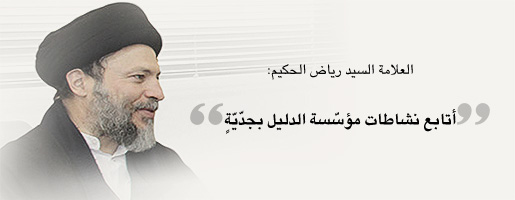
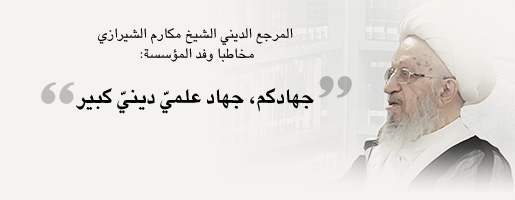
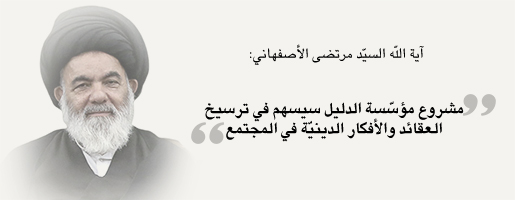
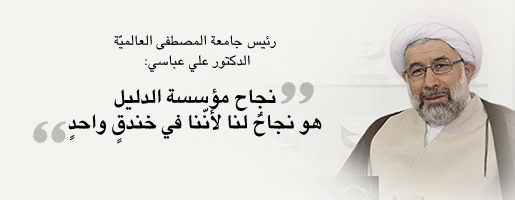
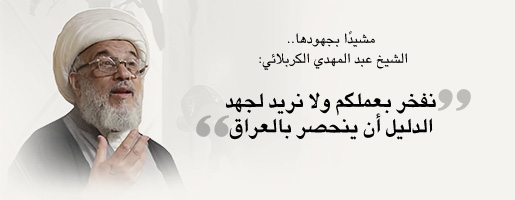
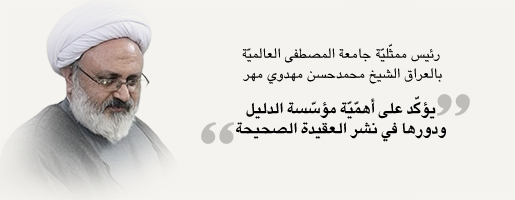
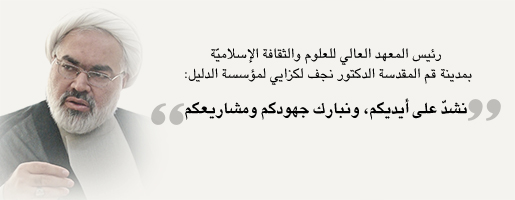
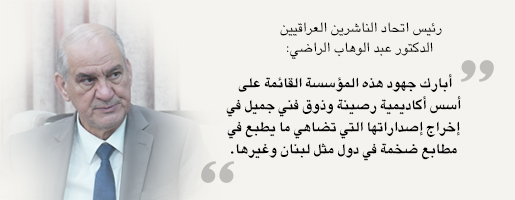
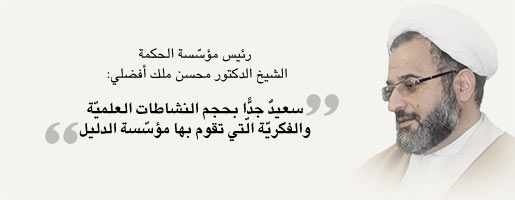
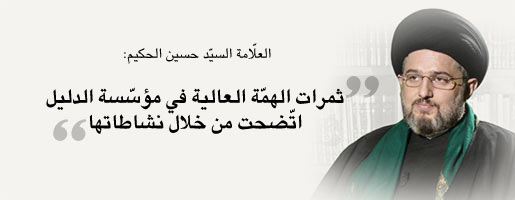
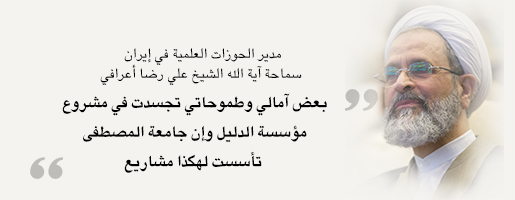
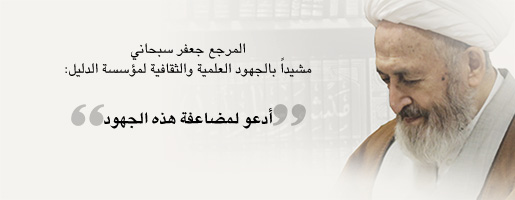
Jadallah Ahmed
Abstract
There is no doubt that the science of Usool al-Fiqh (fundamentals of Islamic jurisprudence), which is relied upon in interpreting religious texts, has reached a significant level of maturity among Muslims. It has evolved to the extent that it may be thought of as a science that has matured to the point of stagnation. The door seems closed to any new developments, but the reality is that many aspects of this science are still open to research and investigation, especially in the areas of semantics and rational evidence. Western linguistic studies have presented a unique approach to linguistic analysis since the late 19th century, giving rise to philosophical schools that primarily base their philosophical construction on the study of language and its laws. This is also the case in hermeneutics, where its outcomes are closely linked to linguistic analysis. Since becoming an independent science, it has provided new data for understanding texts and their associated elements. This output has caught the attention of a group of advocates for renewal and enlightenment, who have called for its utilization and application in dealing with religious heritage. However, the religious domain, especially in its foundational dimension, is not an open field for everyone. A responsible stance is necessary in the face of these calls, as they can be a gateway to renewing and positively developing knowledge, or they can be a destructive path that undermines the sincere efforts made by Islamic scholars. This study aims to delineate the scope within which the science of Usool al-Fiqh aligns with the Western contribution to interpreting religious texts by identifying the constraints it imposes on the incorporation of the outcomes of linguistics and hermeneutics in dealing with religious texts. To achieve this goal, we have adopted an inductive-analytical approach in dealing with the data of the two sciences for which the constraints are to be established.
